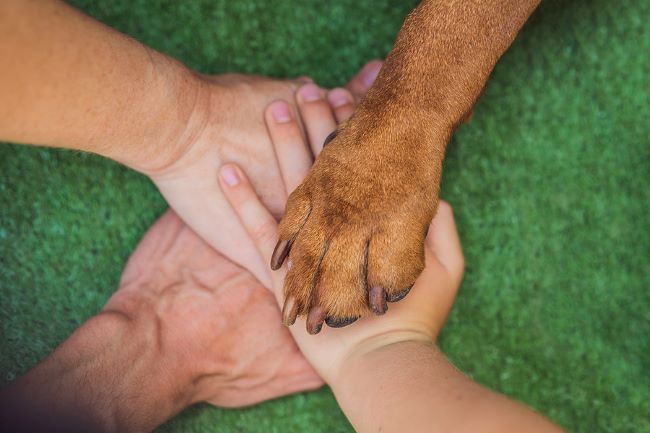Pets are part of the family – or at least that’s how many animal lovers see it. In the eyes of the law, things can be a little different. When it comes to legal matters, including lawsuits and inheritances, the personhood of animals can come into question.
Do Animals Have Legal Personhood?
According to an Oregon Court of Appeals, animals do not have legal personhood. As Lexology explains, the issue became relevant when a lawsuit filed in 2019 named a horse as plaintiff. The lawsuit, brought against a former owner who had pleaded guilty to first degree animal neglect, sought damages for the horse’s care as well as attorney fees and noneconomic damages for pain and suffering. However, the lawsuit was dismissed on the grounds that a horse is not a person or legal entity and cannot file a lawsuit, and the appeals court affirmed this ruling.
So it appears that animals don’t have the personhood required to file lawsuits – at least in Oregon courts.
Other Court Rulings
Although the Oregon courts have said that animals cannot file lawsuits, other courts have reached different opinions, at least in certain circumstances.
According to the Federalist Society, an animal’s legal rights were brought into question in Naruto, a Crested Macaque, v. Slater. The case involved a monkey that found a camera and took some selfies, which the owner of the camera later published. PETA and an ecologist filed the lawsuit claiming that the publication violated the monkey’s copyright. A panel of Ninth Circuit judges found that a nonhuman animal cannot bring actions for copyright infringement but that animals can file lawsuits in federal cases.
This was not the first time an animal had been named as a plaintiff in a federal case heard by the Ninth Circuit. According to Mass.gov., Palila v. Hawaii Department of Land and Natural Resources named an endangered bird species, the palila, as a plaintiff, alleging that the Department had further endangered the bird by allowing sheep and goats to graze in its habitat. The bird’s legal standing to sue was not challenged, and the Ninth Circuit ordered the Department to remove the goats and sheep.
The Animal Defense Fund says that the U.S. District Court for the Southern District of Ohio has recognized hippopotamuses as legal persons in a case involving hippos in Colombia that are descended from animals imported by Pablo Escobar. Columbia law allows animals to bring lawsuits, and by granting the application to conduct discovery for use in foreign proceedings, the Animal Defense Fund says the court recognized the legal personhood of the hippos with respect to that statute.
Can Animals Own and Inherit Property?
Under the law, animals are typically considered to be property. This raises the question – if animals are, at least in the eyes of the law, property, can they own and inherit property?
Insider lists multiple instances in which pets inherited fortunes, and some of these cases occurred in the U.S. One case involves a chihuahua that inherited a $3 million trust fund and a mansion in Miami Beach – although the article notes that the decedent’s son sued the estate. In another case, real estate tycoon Leona Helmsley left $12 million to her dog, but a judge later reduced this inheritance to $2 million on the grounds that $12 million was more than necessary to care for the dog.
So yes, pets have inherited estates, at least in some jurisdictions. However, many states ban animals for inheriting property directly, and simply willing an estate to a pet is likely to lead to problems and legal disputes. Instead, other estate planning strategies, such as setting up a trust and naming a guardian or caretaker for the pet, may be utilized.
Other Options for Your Pet
Aside from the issue of state law, most people don’t have millions of dollars and luxurious mansions that they want to leave to their pets. They can still take steps to make sure their pets are cared for.
The Friends Forever Program from the Oregon Humane Society offers one option. Pet owners can enroll in the program and make a planned gift to the Oregon Humane Society, and in exchange, the Oregon Humane Society will care for any surviving pets and place them into new homes.
Another Reason for Estate Planning
According to YouGovAmerica, 58% of Americans say they own a pet, and around 90% of pet owners consider their pets to be part of the family. Pets may not have the same legal rights as humans, but this doesn’t mean they should be left out of estate planning. An estate planning attorney can help you create an estate plan that takes care of your loved ones, including your pets. Contact Skinner Law to make an appointment.

